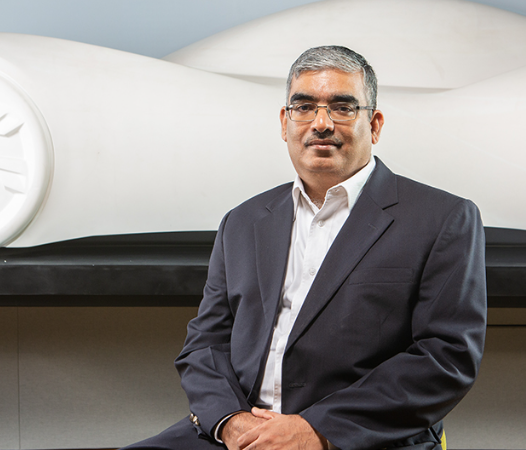Tata Elxsi Develops Solutions for Electric Vehicles (EVs)
Tata Elxsi, a design and technology services company based in Bangalore, is optimistic about the growth of electric vehicles (EVs) in India and has expanded its research collaborations accordingly. The company is also working on autonomous EV technology, although this may not be practical in India. According to Manoj Raghavan, CEO and managing director of Tata Elxsi, EVs are the future of transportation. Most of the cars currently on the road are first-generation internal combustion engine models that have been converted to electric power. However, as battery chemistry and materials evolve and become more efficient, longer driving ranges will become possible.
To further the development of EVs, Tata Elxsi has signed a memorandum of understanding with IIT Guwahati to collaborate on developing and commercializing solutions for the electric mobility market. The partnership will focus on digital analysis of electrical signature data for traction motors that underpin EV mobility across segments, including automotive and rail. This solution will provide proactive fault prediction, maintenance scheduling, and defect traceability for operators, OEMs, and system suppliers in the transportation industry.
According to Raghavan, the collaboration is an excellent example of how industry-academia partnerships can bring together original thinking and the latest digital technologies to solve specific industry needs. IIT Guwahati’s officiating director, Parameswar K. Iyer, emphasized the importance of creating future-ready solutions in the EV automotive and transportation industry to reduce carbon emissions from the transportation sector.
While autonomous driving technology has advanced, Raghavan believes there is still a significant amount of work that needs to be done before it can become a reality in India. Autonomous cars are currently available in select cities in the US, but regulations and infrastructure are significant barriers to adoption. In addition to improving the technology, factors such as surrounding infrastructure, other drivers on the road, and insurance coverage must be considered. Raghavan also noted that sensor technology needs to be improved as there could be instances where sensors may not work correctly.
In summary, Tata Elxsi is actively involved in developing solutions for the electric mobility market in India, and its collaboration with IIT Guwahati is a significant step in that direction. While the company is also working on autonomous EV technology, it acknowledges that it may not be feasible in India due to various factors, including regulations and infrastructure.


